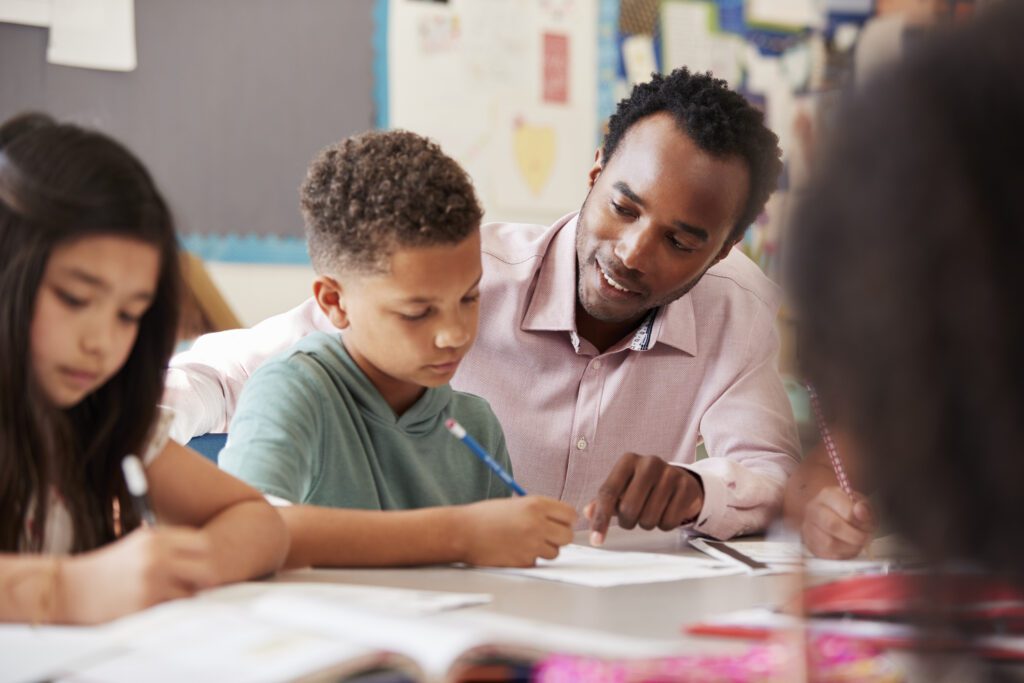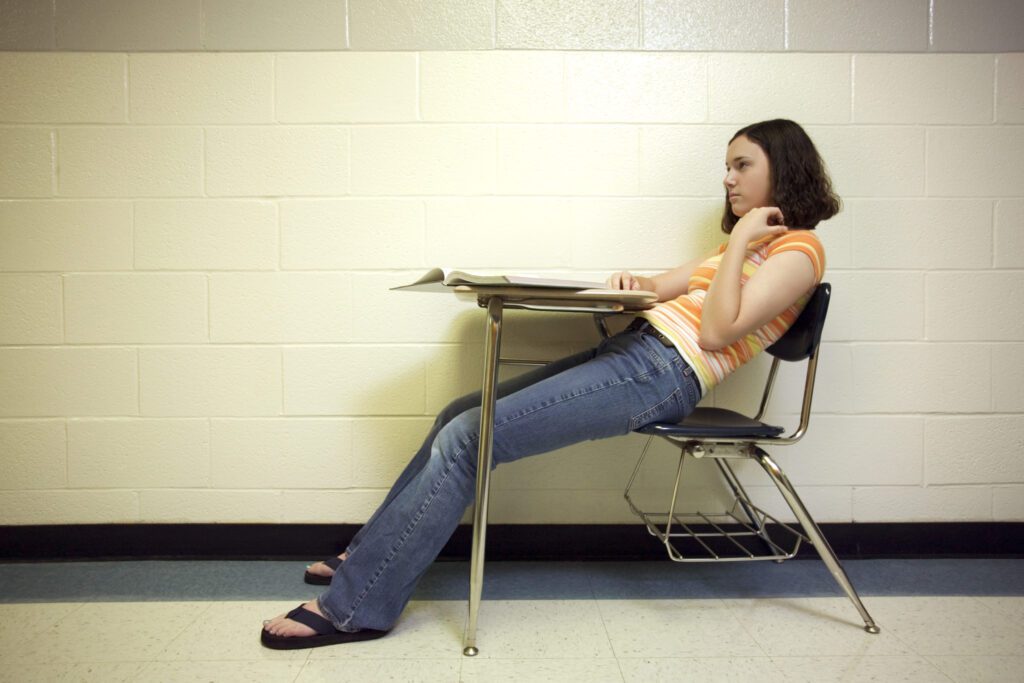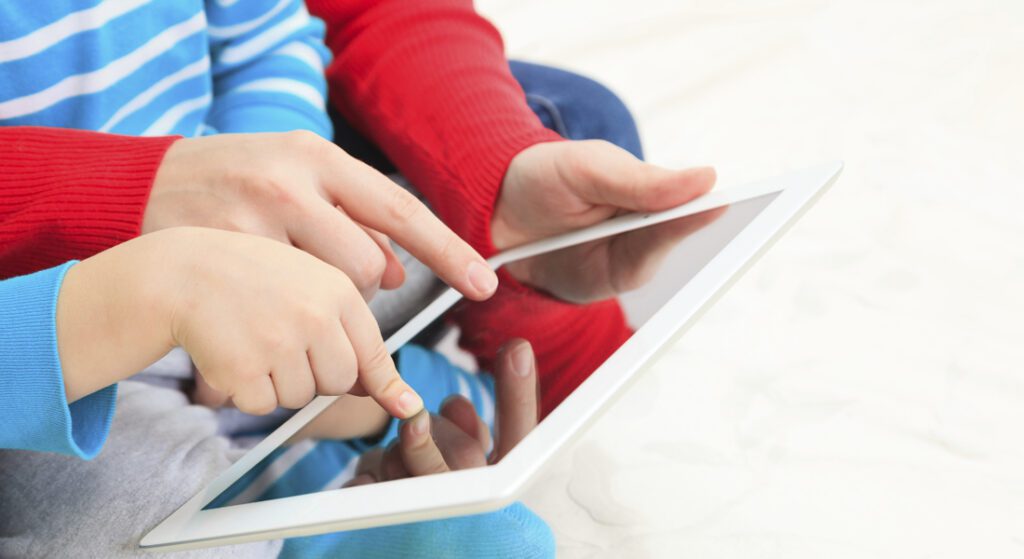Students across the nation have all been affected by the COVID-19 pandemic in some form. Many have fallen behind and become overwhelmed with stress as school programs transitioned to online learning. Did your student have difficulty with online learning? This summer is the ideal time for them to catch up and get ahead. Students have lost the motivation to learn, had their mental health tested, and had their grades drop. Falling behind during distanced learning is not only an academic issue. It’s been a social and emotional challenge as well. Summer learning can combat this.
How much has the pandemic hindered young learners’ progress academically, socially, and emotionally? Read on to learn more about the impact of online learning and how summer learning can effectively catch students up.
Online Learning’s Impact On Academic Performance
Across the country, young learners have struggled to maintain learning momentum while online learning. The social, emotional, and academic toll distanced learning has played has left children with a lapse in development. E-learning has been found to cause a lack of social interaction between student and teacher and heighten stress, anxiety, and contemplation. Experts have hoped for the school system to return to in-person learning to allow students to catch up. However, that is not the case for all school systems.
How much has learning slowed in the past year? According to the NWEA, American students have maintained success in reading. However, they have fallen behind in math significantly since the previous fall. Not only has the pandemic hindered a child’s math learning momentum, but summer learning loss can also further that issue. On average, students can lose up to 2.6 months of math learning during the summertime. Summer math loss may be even higher this summer. Students with difficulties in math need in-person, individual teaching aid and without that this summer, they can further fall behind.
Distanced Learning Impact On Student’s Mental Health
Students have experienced exhaustion, stress, and isolation from online learning. Although it may appear as video calls are occurring in real-time, they actually have a slight delay and this can trigger the brain to handle the lag. By doing so, the brain can become anxious and tired. The online learning experience has left students feeling isolated and unable to maintain a routine. According to a Barnes and Noble Education study, 64 percent of students expressed anxiety, lack of focus, and motivation to learn online in their home environment. Additionally, 55 percent of students feared isolation. Students prone to depression are especially struggling with social connections and academics during this time.
How Summer Learning Programs Foster Student Development
Schools, students, teachers, and parents will have to wait to hear whether their school will be open in the fall. However, that does not mean that learning should stop over the summer. Summer learning programs help foster children’s academic development and overall well-being during this difficult time. These catch students up and prepare them for school in the fall. Summer tutoring programs provide stability to children’s learning and summer experiences to ensure they stay engaged and focused. Students also learn at more leisure, calm and interactive pace with less pressure than traditional schooling. That can be an ideal break from the challenging online learning environment.
Want to prevent summer learning loss? Explore our Summer Learning Guide for expert tips and strategies!
Keep Students Ahead With Summer Learning
GradePower Learning’s summer learning programs give children the confidence to succeed at their own pace and prepare them for the next school year. We close that gap and stop summer learning loss to ensure our students not only keep up with their peers but get ahead. Summer learning loss and online learning can seriously impact the course of a student’s well-being and academic success. Sign up for our summer learning programs to help your student stay on track and avoid that achievement gap!





